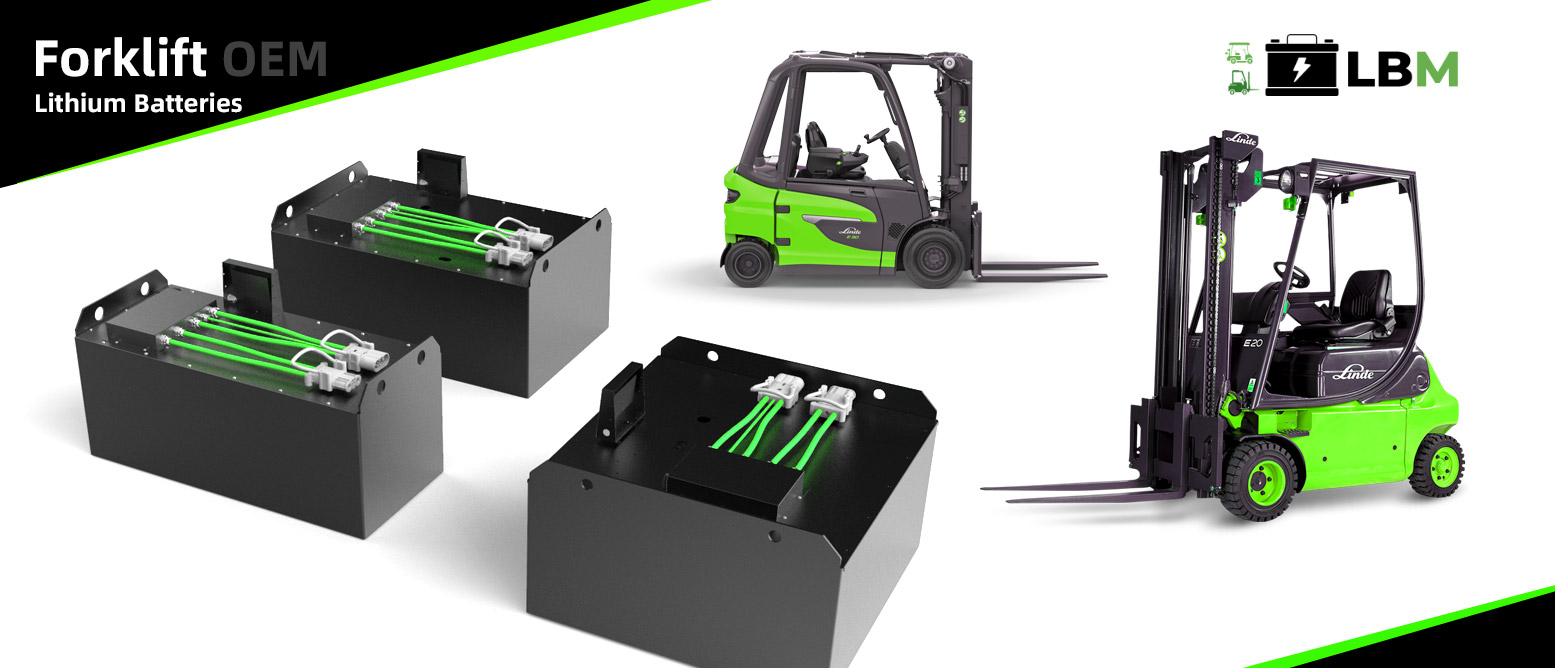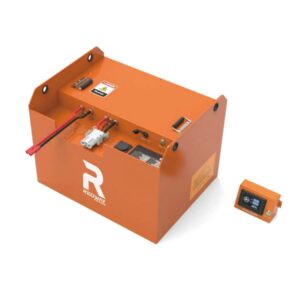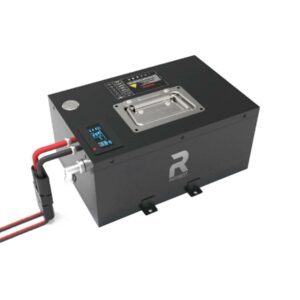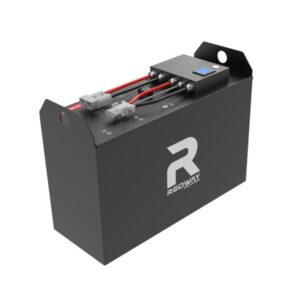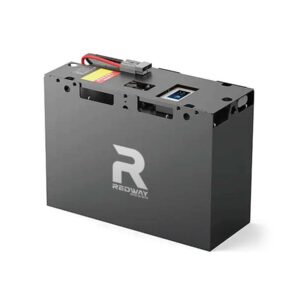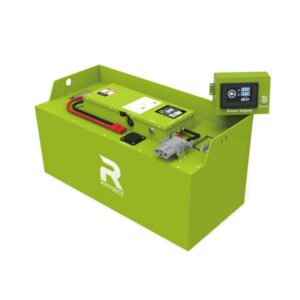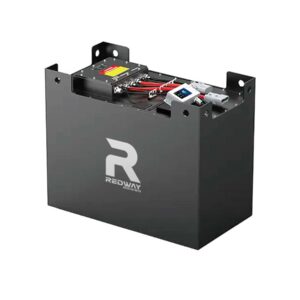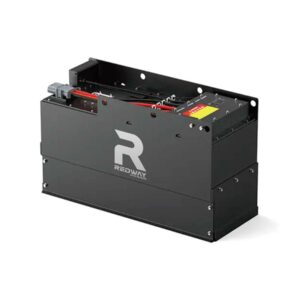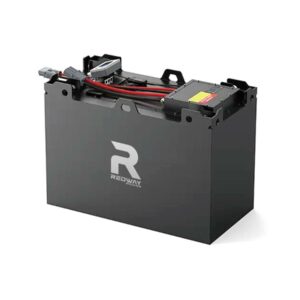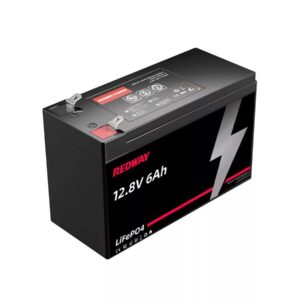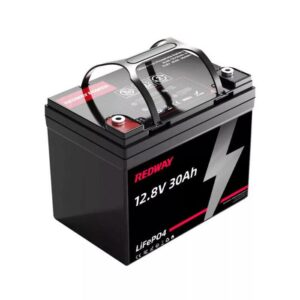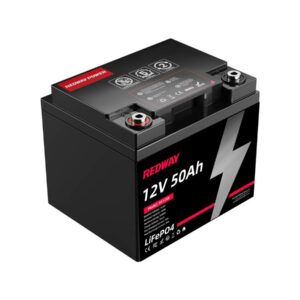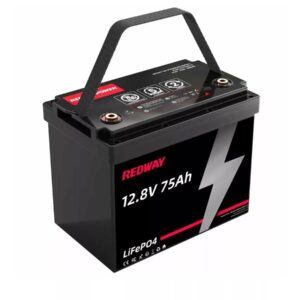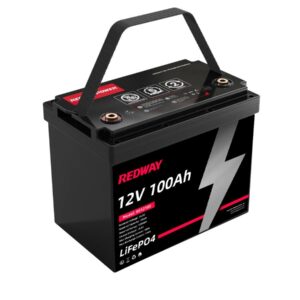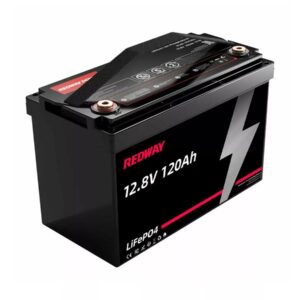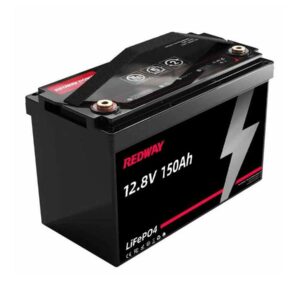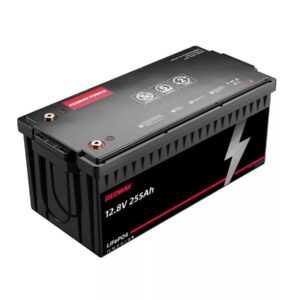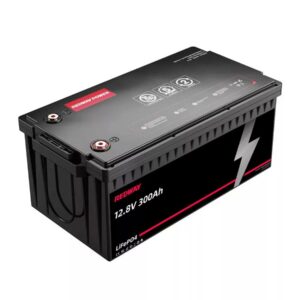Best OEM Lithium Batteries
New OEM Batteries
Know More
How Safe Is It to Use Lithium-Ion Batteries from Different Manufacturers?
Using lithium-ion batteries from different manufacturers is generally safe if they meet quality standards. Ensure compatibility in voltage, capacity, and charging specifications. Mixing brands without proper verification can risk overheating, reduced performance, or damage. Always follow manufacturer guidelines and use certified batteries for optimal safety. Read more HERE.
What Are the Major Lithium-Ion Battery Manufacturers Operating in India?
Major lithium-ion battery manufacturers in India include Exide Industries, Amara Raja Batteries, Tata Chemicals, and Li Energy. These companies produce batteries for automotive, industrial, and renewable energy applications. India is also attracting global players like Panasonic and LG Chem, boosting domestic production and innovation in the lithium-ion battery sector. Read more HERE.
What Are the Key Features of Popular Forklift Battery Brands?
Popular forklift battery brands like Trojan, Crown, and East Penn offer features such as long cycle life, high energy density, and low maintenance. They provide options for lead-acid and lithium-ion batteries, with fast charging, durability, and advanced safety mechanisms. These brands cater to various industrial needs, ensuring efficiency and reliability in material handling operations. Read more HERE.
How to Change and Upgrade Golf Cart Batteries?
To change or upgrade golf cart batteries, disconnect the old batteries, remove them carefully, and install new ones of the same voltage and type (lead-acid or lithium-ion). Ensure proper connections and secure placement. Upgrading to lithium-ion batteries offers longer lifespan, faster charging, and reduced maintenance compared to traditional lead-acid batteries. Read more HERE.
What Are the Best Options for Forklift Batteries?
The best forklift battery options include lead-acid batteries for cost-effectiveness and lithium-ion batteries for efficiency and longevity. Brands like Trojan, EnerSys, and Flux Power offer reliable solutions. Lithium-ion batteries are preferred for fast charging, reduced maintenance, and higher energy density, while lead-acid remains a budget-friendly choice for standard operations. Read more HERE.
How Do You Find the Amperage of a Battery?
To find a battery’s amperage, check the label for its ampere-hour (Ah) rating. Alternatively, use a multimeter: set it to measure current (amps), connect it in series with the battery, and read the value. Ensure the battery is under load for accurate measurement. Always follow safety precautions when handling batteries and electrical equipment. Read more HERE.
What to Expect from the Lithium Market in 2025?
By 2025, the lithium market is expected to grow significantly due to rising demand for electric vehicles (EVs) and renewable energy storage. Prices may stabilize as production scales up, and recycling technologies improve. Innovations in battery chemistry, such as solid-state batteries, could further revolutionize the industry, making lithium more efficient and sustainable. Read more HERE.
How Altilium is Revolutionizing LFP and NMC Battery Recycling?
Altilium is transforming battery recycling by developing advanced processes to recover lithium, cobalt, and nickel from LFP and NMC batteries. Their eco-friendly methods reduce waste and lower costs, making battery production more sustainable. This innovation supports the circular economy, ensuring valuable materials are reused, reducing environmental impact, and meeting growing demand for EV batteries. Read more HERE.
What Should You Know About Lithium-Ion E-Bike Battery Comparisons?
When comparing lithium-ion e-bike batteries, consider capacity (Ah), voltage, weight, and lifespan. Higher capacity and voltage provide longer range and power. Look for reputable brands like Bosch, Shimano, or Panasonic. Lithium-ion batteries are lightweight, durable, and offer fast charging, making them ideal for e-bikes. Always check compatibility with your e-bike model. Read more HERE.
What is the Price of a 2.2kWh Lithium-Ion Battery in India?
A 2.2kWh lithium-ion battery in India typically costs between ₹25,000 to ₹40,000, depending on the brand, quality, and warranty. Prices may vary based on application (solar, EV, or industrial) and additional features like BMS (Battery Management System). Always compare specifications and reviews before purchasing to ensure value for money. Read more HERE.
What Are the Benefits of Lithium Deep Cycle Batteries?
Lithium deep cycle batteries offer benefits like longer lifespan, higher energy density, and faster charging compared to lead-acid batteries. They are lightweight, require minimal maintenance, and perform well in deep discharge cycles. Ideal for renewable energy systems, RVs, and marine applications, they provide reliable power and efficiency in demanding environments. Read more HERE.
What You Need to Know About Batteries for Electric Cars?
Electric car batteries are typically lithium-ion, offering high energy density, long range, and fast charging. Key factors include capacity (kWh), lifespan, and thermal management. Brands like Tesla, LG Chem, and Panasonic lead the market. Proper maintenance, such as avoiding extreme temperatures, ensures optimal performance and longevity of EV batteries. Read more HERE.
How to Check Battery Amps with a Multimeter?
To check battery amps with a multimeter, set it to measure DC current (A). Connect the multimeter in series with the battery and load. Ensure the multimeter’s range matches the expected current. Read the display for the amperage. Always follow safety guidelines to avoid short circuits or damage to the multimeter and battery. Read more HERE.

